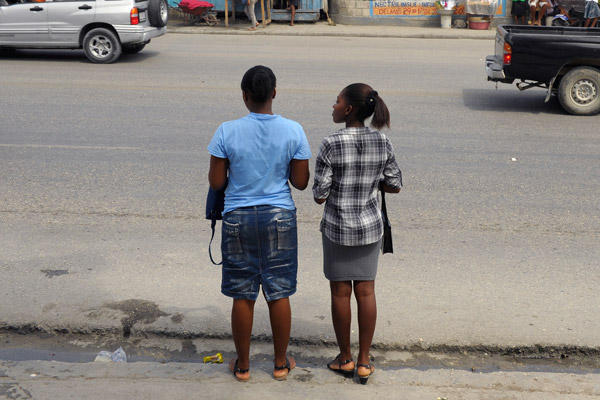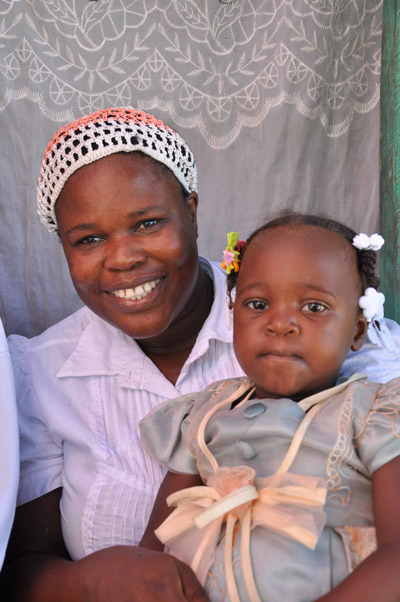United Nations Stabilization Mission in Haiti (MINUSTAH)

United Nations Peacekeepers were initially deployed to Haiti in 2004 to help address the political unrest and protests against then-president Bertrand Aristide. In 2010, the peacekeeping presence increased to help with recovery efforts after the country's devastating earthquake struck. Soldiers were also tasked to help fight the cholera epidemic and ensure peaceful elections in 2011.
The mission's directives were noble and necessary. However, sadly, according to a 2019 study done by Sabine Lee (University of Birmingham) and Susan Bartels (Queen’s University), many MINUSTAH soldiers took advantage of Haitian women and girls during their mission's 13-year (2004-2017) stint in the country.
Ms. Lee and Ms. Bartels interviewed locals about their experiences with MINUSTAH and found 265 local women who have children fathered by the soldiers. The stories told by these local women include allegations of rape and sex demanded in exchange for money or food.
Some victims of the MINUSTAH abuse were as young as 11 years old. Some of the women, believing the soldiers loved them, had consensual relations. They were subsequently abandoned when they got pregnant.
Many of the exploited women were also forsaken by their families when their pregnancies were discovered. Abandoned and having no income or child-rearing education, the exploited Haitian women felt helpless and hopeless. Already victims of extreme poverty, they are now struggling to raise their children alone.
MINUSTAH leadership has taken little to no action to hold the soldiers accountable for their paternity or to provide any child support for the babies they fathered. In fact, many local women report that the fathers were sent back to their home countries once the fathers became aware of the pregnancies.
Extreme Poverty in Haiti

Haitian babies face a difficult, uphill battle in the best of circumstances that extreme poverty allows. According to UNICEF, the under-five mortality rate in Haiti is 63 deaths per 1,000 live births. Malnutrition and lack of access to clean water cause stunting and an inability for newborns and infants to develop properly. The Haitian government gives very little funding to public schools, and poorer families are unable to afford tuition fees for private schools.
Gender also plays a role in the quality of life available to Haitian babies. Haitian girls face a 50% chance of being sexually abused. And when they grow up, they will likely earn only 50% of the income that men earn.
For young mothers with few resources, raising a baby can seem an insurmountable challenge. In some of the world’s most under-resourced communities, including in Haiti, taking advantage of skilled prenatal, birthing and post-partum care and support is virtually impossible.
Pregnant moms in extreme poverty often lack access to prenatal care and assistance, as well as necessary medical and social services. This puts the lives of the mother and the baby at risk.
Compassion International fights this reality through Compassion Survival, the ministry's early intervention to fight infant and maternal mortality rates and promote early childhood development.